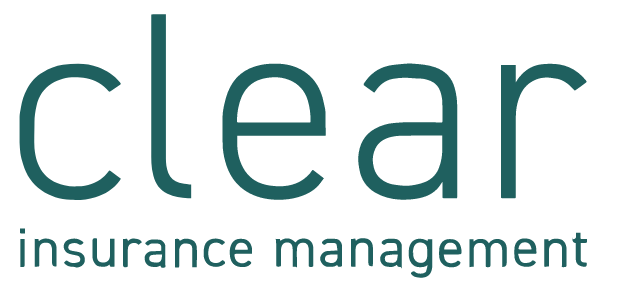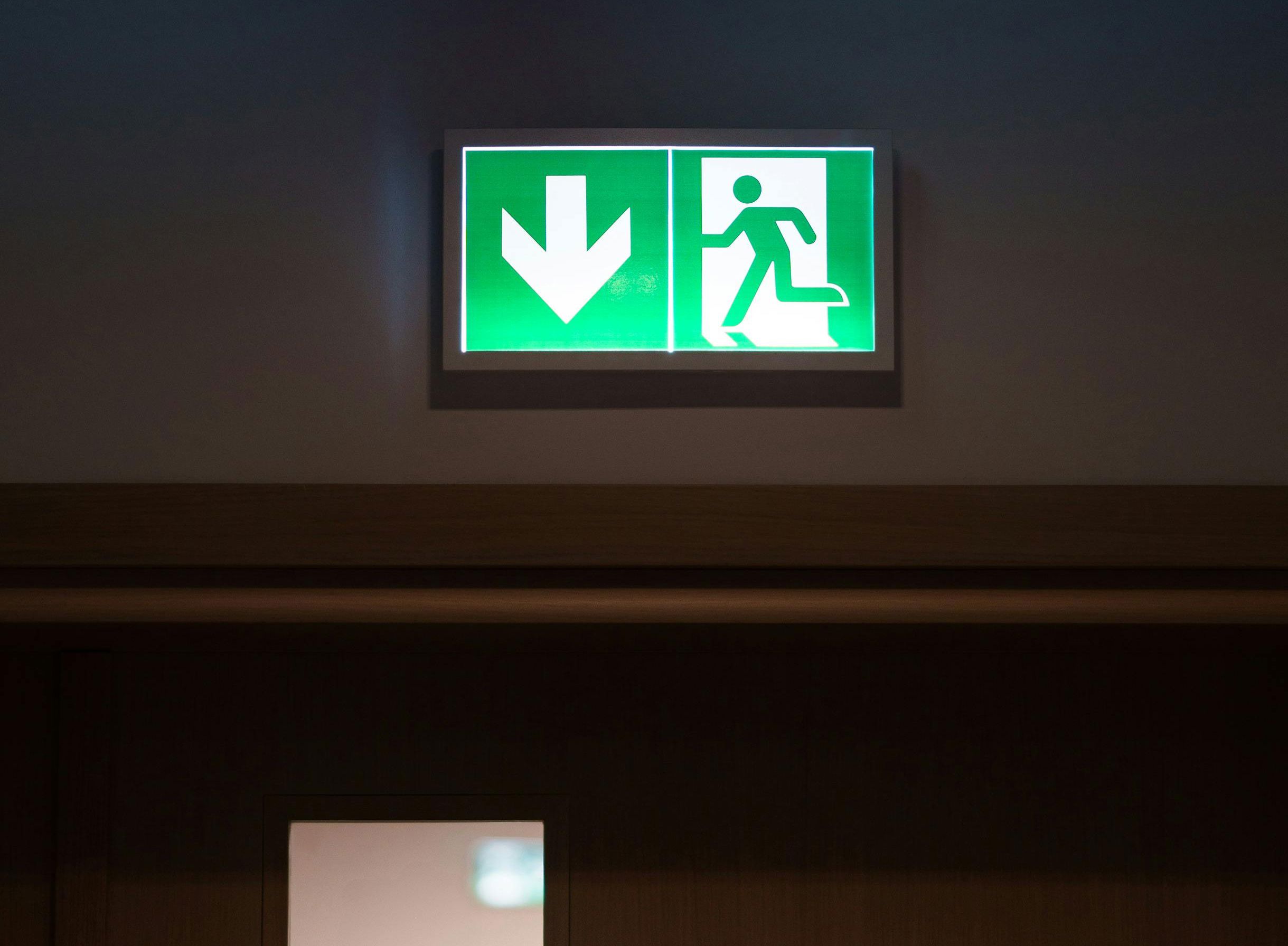Balcony fire safety – what landlords and tenants need to know
If you live in a tall apartment block, your balcony is likely to become your preferred spot during the warmer summer months – somewhere to relax, have a meal, or unwind. But balconies have increasingly been linked to serious fires in recent years, in both privately rented flats and social housing. This makes them an important safety concern.
This year's summer risk guide shines a light on balcony fire safety, emphasising the importance of educating landlords and tenants about preventative measures. When people understand the risks and take the appropriate precautions, the chances of a fire can be greatly reduced.
Why engineering and inspection insurance matters
When property managers think about the most important types of property insurance, they often focus on things like Property Insurance (which protects against damage from fires, floods, etc.) or Terrorism Insurance (which covers damage caused by acts of terrorism). These are usually seen as top priorities.
However, Engineering and Inspection Insurance is just as important, though it's sometimes overlooked. It’s especially relevant for residential buildings like blocks of flats, where there are shared mechanical systems, such as lifts or central heating. In these cases, the law requires regular safety inspections. Engineering and Inspection Insurance helps cover the cost of unexpected equipment failures, repairs, or replacements. So, if, for example, a lift suddenly stops working or a mechanical system breaks down, property owners and managers aren’t left facing huge bills and, more importantly, they can keep these essential systems running safely for residents.
D&O Insurance: protecting your personal assets as a company director
As a director of a resident management company, you take on significant responsibilities and are expected to act in the best interests of the company and its stakeholders. Without Directors and Officers (D&O) Insurance, you could be held personally liable for any negligent actions, breaches of duty, or decisions made beyond your authority. If legal action is taken, you might be responsible for covering financial damages out of your own pocket. In our latest risk guide, we explore what D&O Insurance is, what it covers, and how it differs from Professional Indemnity Insurance. We also provide examples of D&O claims.







